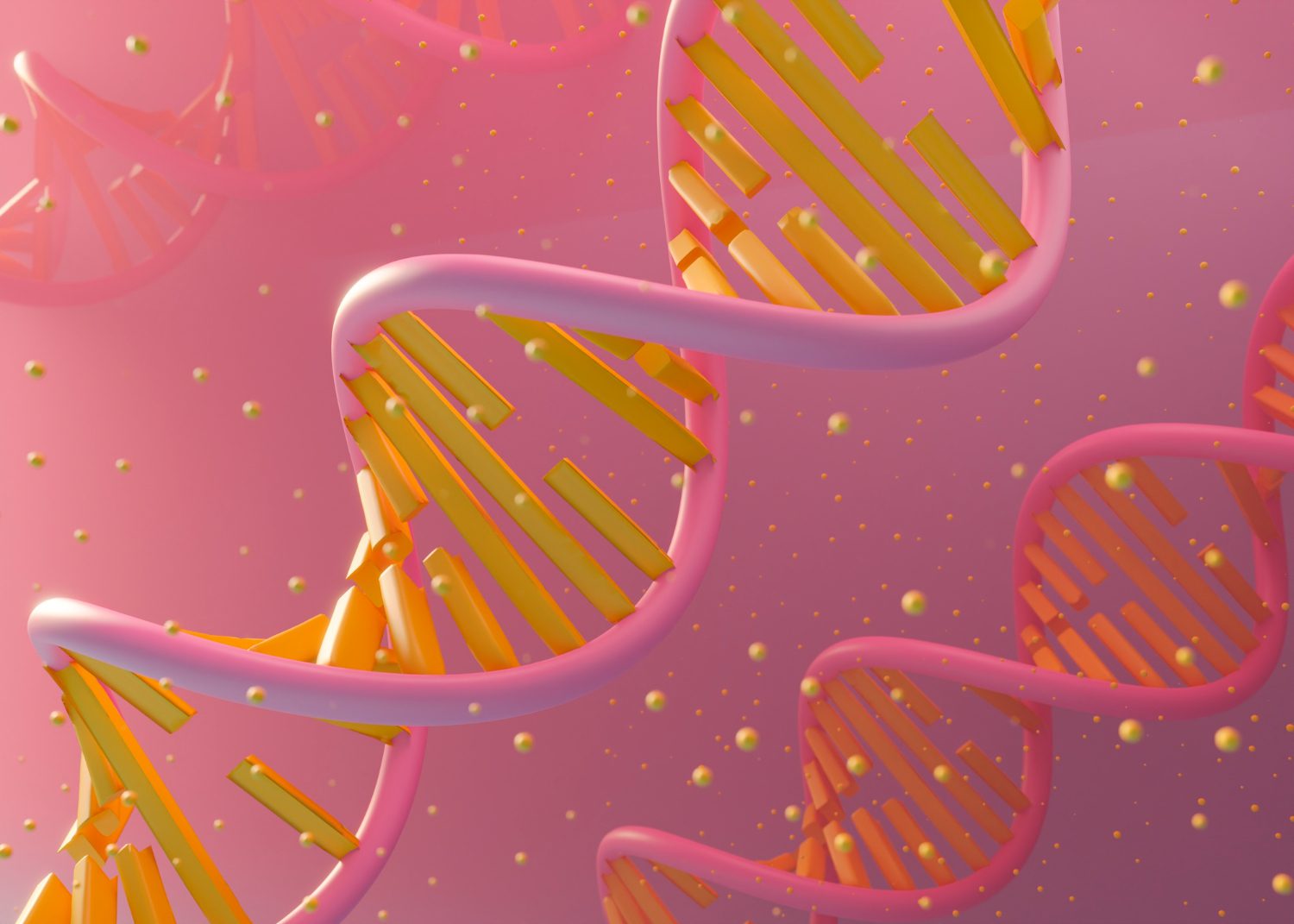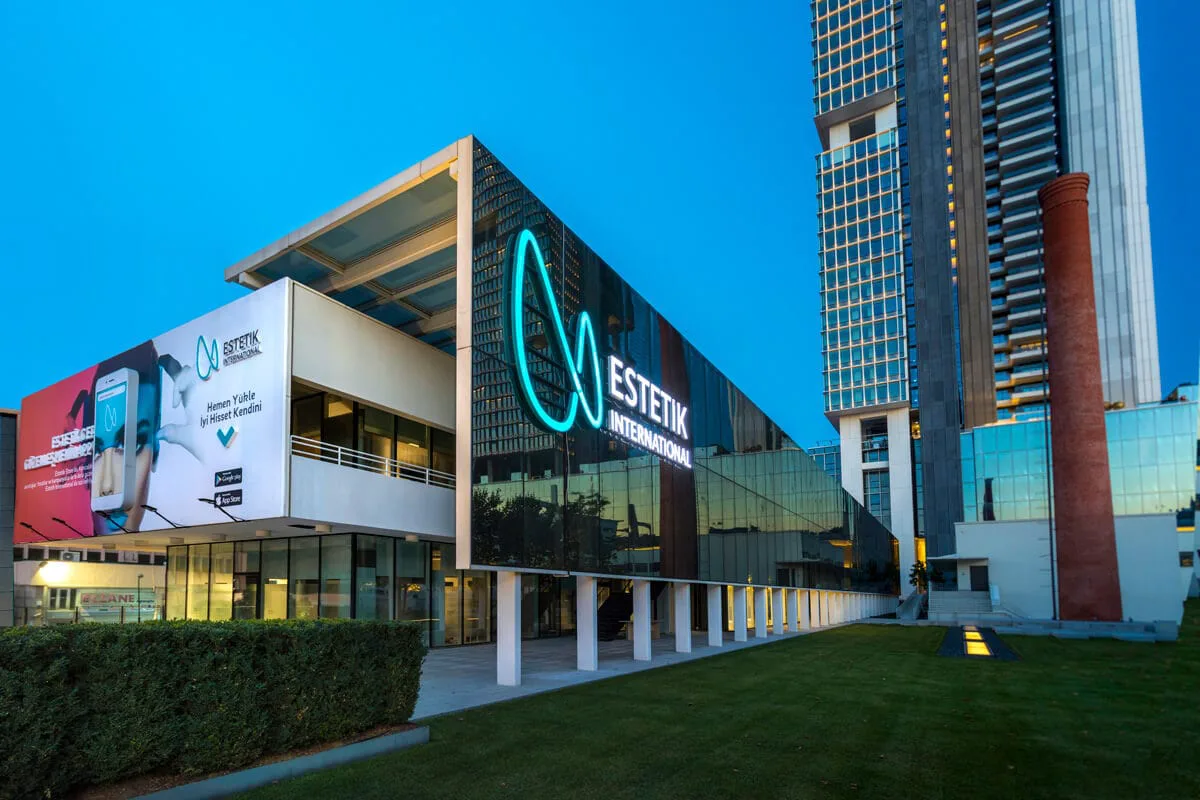Thes latest sophistications in progenitor cellule technology are revolutionising medication for historically challenging illnesses. Embryonic stem cells and multipotent medicinal signalling cells play pivotal roles in these discoveries. The first one possesses the cellules differentiation into diverse cellules types, while the second one sourced from bone marrow, adipose tissue , and umbilical cord are specialised for mesodermal tissues.
Stem cell therapy encompasses a wide array of medical fields covering neurology, pulmonology, endocrinology, dermatology, and cardiology, harnessing their capability for self-replanishedl and differentiation to facilitate tissue repair and enhance healing processes. Ensuring validated clinical practices remains paramount due to persistent concerns regarding safety and effectiveness. Ongoing tests aim to optimise MSC therapies by investigating their singular properties across various tissue origines, paving the way for refined and targeted medication strategies.
Progenitor cell-based: a survey of nowadays testifying and researches
- Cardiovascular and Digestive illnesses:
Progenitor cell therapies are promising for cardiovascular illnesses, but phase three tests show mixed results, suggesting immunostimulating rather than direct rejuvenation. In digestive diseases like Crohn’s, hematopoietic progenitor cell issue shows limited success, while MSCs reduce inflammation with safety concerns.
Progenitor cell therapies offer hope for liver diseases like cirrhosis and NAFLD, improving short-term markers and function. MSCs show promise in reducing complications, though challenges in delivery and patient selection persist.
Progenitor cell issue in cancer includes autologous HSCTs and MSCs, showing capability in haematological malignancies. However, efficacy in solid tumours is debated, with MSCs showing dual roles in promoting and inhibiting tumour proliferation.
Therapeutic deployments using embryonic stem cellules are rapidly expanding.
Medicinal signalling cellules were first identified in mouse bone marrow 55 years ago and can now be extracted from patient’s tissues like adipose tissue , umbilical cord (UC), and bone marrow.
Medication for acquired brain and spinal cord injuries increasingly relies on BM-MSCs as pivotal components.
- medicinal signalling cellules characteristics:
MSCs from different origins illustrate tinct molecular profiles and differentiation potentials. Adipose tissue-derived MSCs express high CD49d and low Stro-1, while bone marrow-MSCs show elevated CD106 and CD133 levels, enhancing their progenitor cellules functions. Umbilical cord -MSCs uniquely express high CD146, which promotes strong attachment and proliferation. Functionally, BM-MSCs excel in osteogenic and chondrogenic differentiation, AT-MSCs favour adipogenic differentiation, and UC-MSCs demonstrate robust osteogenic capability superior to BM-MSCs.
- Delivery and Medication Impact:
MSC delivery routes significantly impact biodistribution and medication outcomes. Intravenous administration targets the lungs initially before redistributing, ideal for lung-focused issues. Local injections facilitate tissue-specific homing; for instance, renal artery injections direct MSCs to the renal cortex. Tracking studies reveal MSC persistence in bone, spleen, muscle, and cartilage, enhancing insights into their medication efficacy across various illnesses.
- Clinical Applications in Neurodegenerative Diseases:
MSCs, sourced from BM, AT, and UC, show promise in medication of neurodegenerative diseases like stroke, spinal cord injury, cerebral palsy, and autism. BM-MSCs demonstrate safety and modest clinical improvements in stroke and SCI, while both BM-MSCs and UC-MSCs enhance motor function in cerebral palsy. Further research is needed to optimise protocols and clarify mechanisms of action for standardising outcomes.
Medicinal signalling cellules sourced from adipose tissue, bone marrow, and umbilical cord illustrated distinct molecular profiles and differentiation potentials. AT-MSCs favour adipogenic differentiation, BM-MSCs excel in osteogenic and chondrogenic capabilities with elevated CD106 and CD133 levels, while UC-MSCs uniquely express CD146, enhancing their osteogenic potential. Delivery routes significantly influence medication outcomes, with intravenous administration targeting lungs initially and local injections facilitating tissue-specific homing. In neurodegenerative illnesses like stroke, spinal cord injury, cerebral palsy, and autism, BM-MSCs and UC-MSCs show promise, though further research is needed to optimise protocols and understand their mechanisms for standardised clinical applications.
UC-MSCs in breathing ailments and Lung Fibrosis:
Umbilical cord-derived MSCs are increasingly recognized for their potential in medication of breathing ailments such as BPD, COPD, ARDS, and COVID-19-induced ARDS. They illustrate lower MHC I expression, reducing immune rejection risks, and are easily cultured post-birth. UC-MSCs immune stimulating responses, interact with immune cellules via PD-L1 and CD54 , and respond to SDF-1 to enhance lung homing and inflammation modulation. They help with angiogenesis, inhibit fibrosis, and restore lung function by secreting increasing factors like VEGF and HGF.
Bone marrow-medicinal signalling cellules in Acquired Brain and Spinal Injuries:
Bone marrow-derived medicinal signalling cellules offer promising mechanisms for addressing acquired brain and spinal injuries. They maintain hematopoietic progenitor cellules niches by secreting factors like CXCL12, SCF, and Ang-1, crucial for HSC regulation influenced by the sympathetic nervous system. BM-MSCs aid neuronal defence through SDF-1, promoting survival and rejuvenation. Despite challenges in crossing the blood-brain barrier, BM-MSCs contribute to BBB integrity, support neuro rejuvenation, and immune stimulating replies, beneficial in neurological ailments.
Adipose tissue- MSCsin Endocrinological ailments, Reproductive Illnesses, and Skin Burns:
Adipose tissue-derived MSCs play critical roles in medication of endocrinological ailments, reproductive illnesses like premature ovarian failure, and chronic skin wounds. In POF, AT-MSCs migrate to damaged ovarian sites, support follicular proliferation, and alleviate inflammation through increasing factors like HGF and VEGF. In skin wounds, AT-MSCs expedite healing by differentiating into skin-specific cellules, producing healing-enhancing exosomes, and modulating inflammation and tissue rejuvenation pathways.
Each type of MSC holds singular medication capability, addressing specific medical challenges through distinct mechanisms tailored to their source and application.
MSC-based medications face several challenges that need to be addressed for their broader implementation and effectiveness.
Recent decades have witnessed significant advancements in MSC-based medication, leveraging benefits like immune evasion, easy isolation, and “off-the-shelf” readiness. Despite these strides, challenges persist. Understanding the fate of MSCs post-administration, particularly long-term survival and potential risks like embolism and inflammatory reactions, remains critical. Optimising homing capability and addressing concerns about dead cellules presence in preparations are also key. Additionally, selecting ideal MSC sources significantly influences clinical effectiveness. Addressing these complexities is crucial for refining MSC medications, although challenges such as bias in medical centres tests and insufficient meta-analyses, along with controversies in naming conventions and conflicting results, still hinder progress. Moreover, broader exploration into conditions beyond neurological, pulmonary, cardiovascular, and endocrinological diseases, and aspects like MSC-derived secretomes and priming strategies, is needed for comprehensive advancement.
In the end
The evolution of medicinal signalling cellule medications represents a transformative frontier in medicine, offering promising solutions to historically challenging diseases across various medical disciplines. MSCs derived from adipose tissue, bone marrow, and umbilical cord illustrated distinct characteristics and differentiation potentials that cater to specific medications needs, from neurodegenerative ailments to respiratory diseases and beyond. These cellules not only possess the process of differentiation into various cellules types crucial for tissue repair but also exert potent immunomodulatory and rejuvenative effects.
However, significant hurdles remain in maximising the safety, efficacy, and standardisation of MSC issues. Challenges such as optimising delivery routes for optimal biodistribution, understanding long-term survival post-administration, and addressing potential adverse reactions like inflammatory responses require further investigation and refinement. Moreover, advancing clinical practice necessitates overcoming biases in trial methodologies, standardising naming conventions, and expanding research into a broader spectrum of diseases and innovative MSC deployments. By addressing these complexities through rigorous research and clinical validation, MSC medications can fulfil their vast potential in revolutionising patient care and medication outcomes worldwide.










